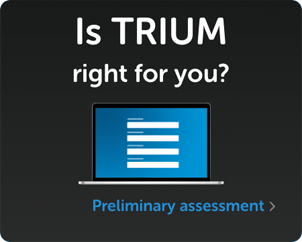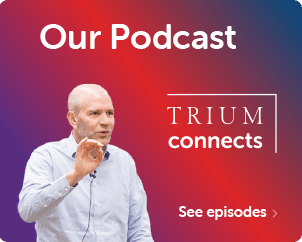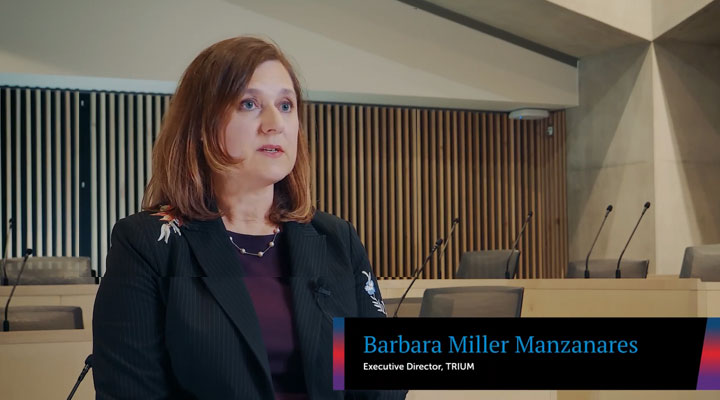
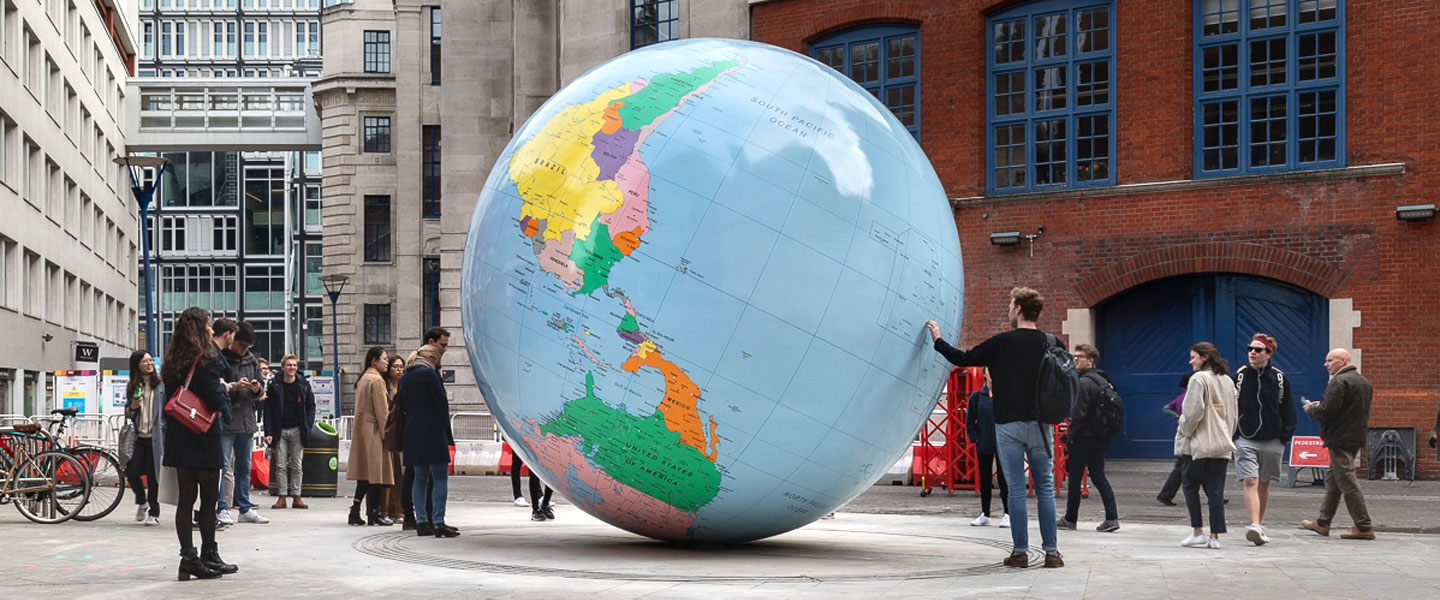
Why geopolitics matters for business leaders thinking about an EMBA Program
Executives who come to TRIUM know that it’s crucial to understand the global challenges that impact supply-chains, production, consumption and the environment.
Energy transition, deglobalization and trade flow, demographic shifts and digitization are just a few examples of current trends that are shaping global business. Add to that the political uncertainly of rising Populism, Russia-NATO tensions, China-US competition and cyber security, and its clear that there are many external factors with the potential to disrupt business – either positively or negatively.
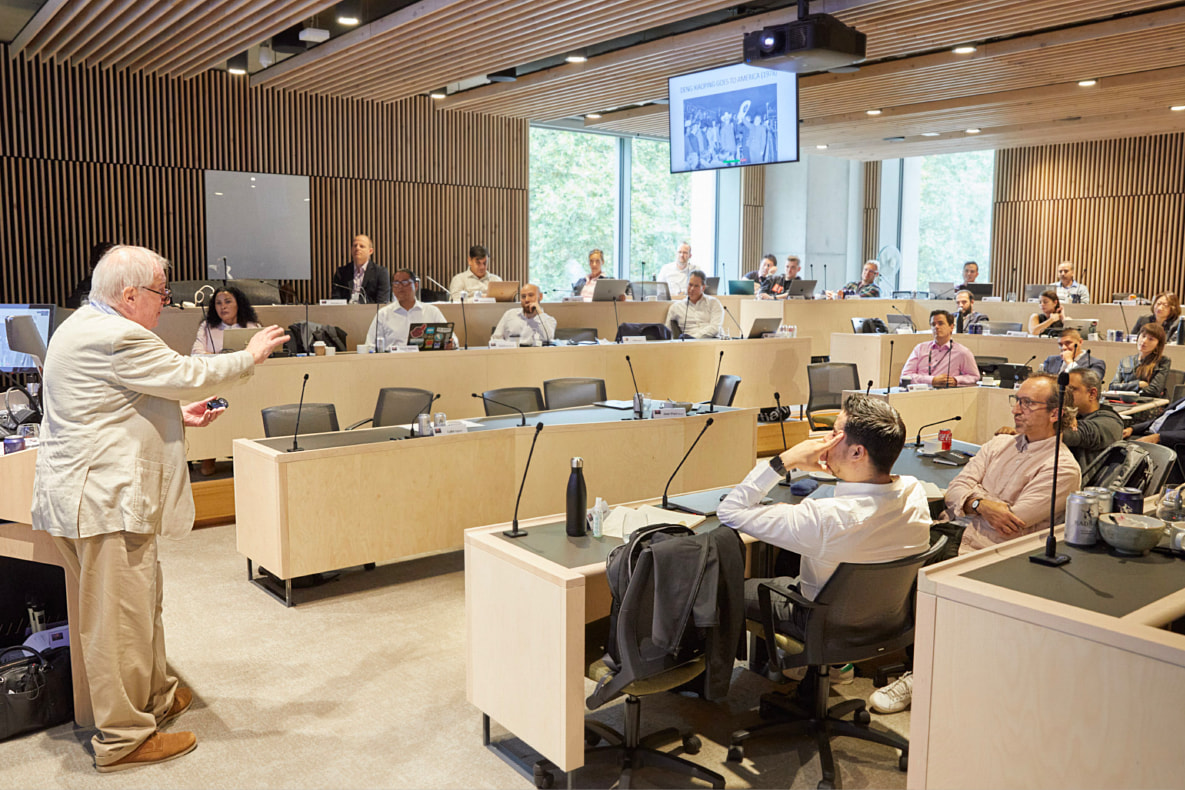
Professor Mick Cox teaches International Relations at the LSE
These rapidly changing events and policies create an increasingly volatile and uncertain global environment, putting companies under significant pressure.
Business leaders need to lead their organisations through this ever-changing landscape. With the global economy so interconnected, Politics and International Relations are now on a par with other strategic challenges in the boardroom.
It’s essential for leaders to know how to build resilience to big trade policy shocks like Brexit and the Trump Tariff War, or to other recent geopolitical events like the conflicts in Eastern Europe and the Middle East.
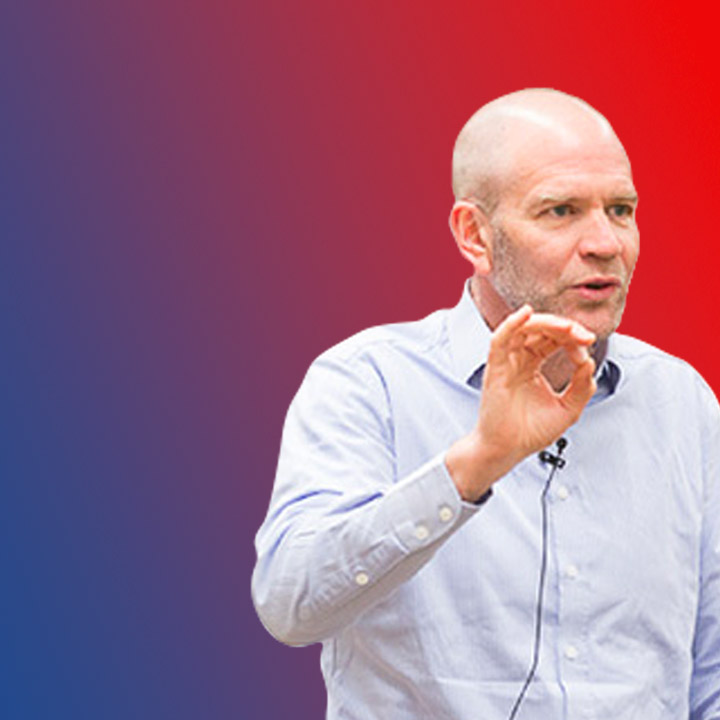
Professor Matt Mulford
TRIUM Capstone DirectorIf you’re in white-water rapids and you’re not moving faster than the water, you have no control… you need to go faster than the water… this is the only way you can steer. If you don’t move that’s when you’re in danger. That's a lot like leading a business."
While there is no roadmap or instruction manual, TRIUM Global EMBA equips executives with the toolkit to navigate headwinds by tapping into geopolitical expertise provided by our faculty and other thought leaders.
TRIUM is a truly global Global EMBA. A typical TRIUM cohort has 30+ nationalities and 20 different business sectors – a trusted peer network from across the world representing industry leaders. Our faculty are academics from across the globe who produce cutting-edge research that directly influences international and national policy debates.
TRIUM’s holistic approach of learning enables our students to develop a rounded perspective of our transitioning world, preparing them to tackle the complex challenges facing the global economy, locally and globally.
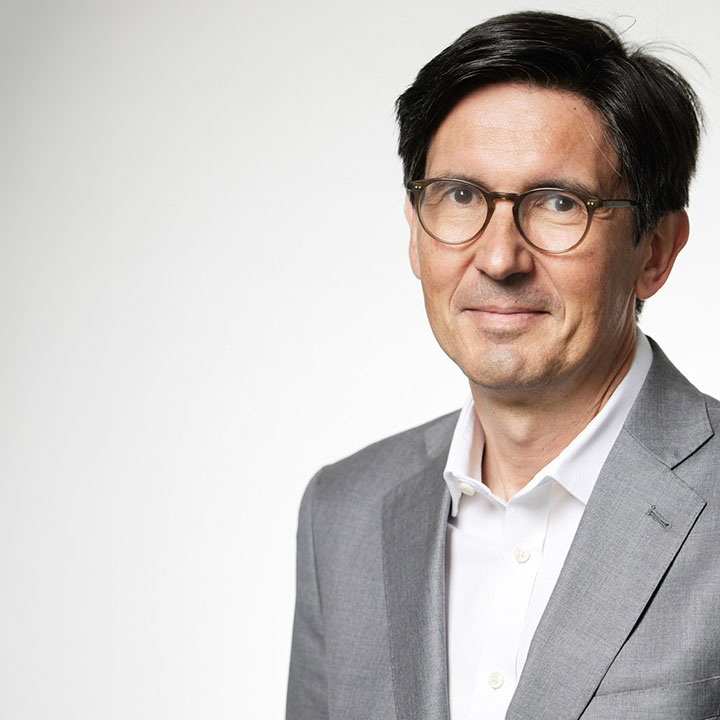
Professor Robert Falkner
TRIUM Academic DeanIn a narrow and short-term sense, geopolitics manifests itself as political risk but in a wider long-term sense, geopolitical trends shape the future evolution of global markets, supply chains, technological innovations and consumer preferences."
TRIUM offers a unique combination of modules – a true 360 degree approach to business. No other program can offer the geopolitical insights of the London School of Economics and Political Science – what we call ‘the LSE Factor.’
Our executives gain a deep understanding of how geopolitical positioning shapes a country’s future and that the intrinsic link between geopolitics and business leadership has to be inevitable and central part of any business strategy.
If you’re serious about taking your business global or you’re already leading a global business, TRIUM will help you gain a better understanding of the global business and geopolitical environment, stay up to date with the latest trends, and acquire the necessary tools to make decisions that drive positive change.
The LSE Factor
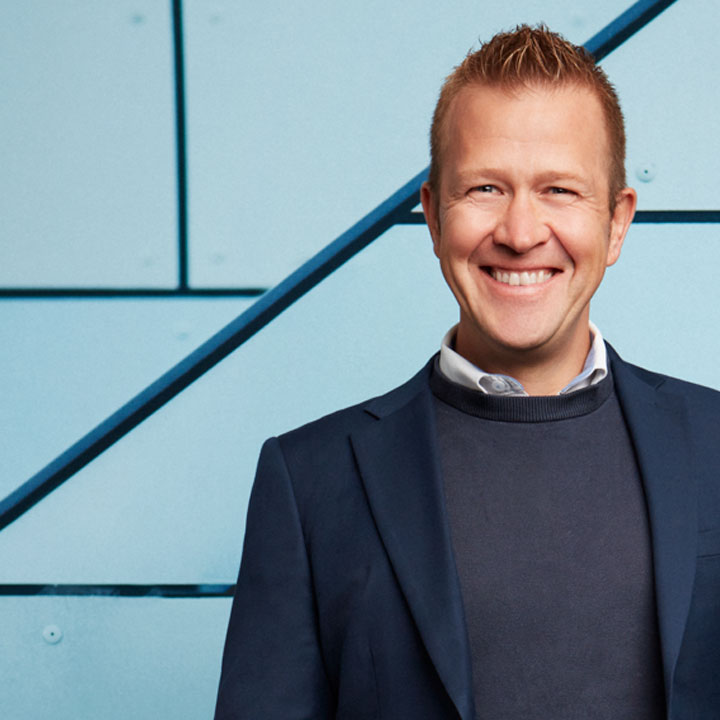
Dr Martin Hoffman
TRIUM Class of 2019One of the major advantages I see in TRIUM is the strong connection between social and economic values. Compared with other programs, TRIUM lectures are designed to educate the participants not only on the pure content of theories, practical insides, but also on the ability to be a critical consumer of data and information. By addressing different perspectives and adding a political, social, and in some cases a moral reflection about the learning content, the discussion in and outside the classes help to shape a global mindset. As I see this mindset change as a main differentiator for career progress."


